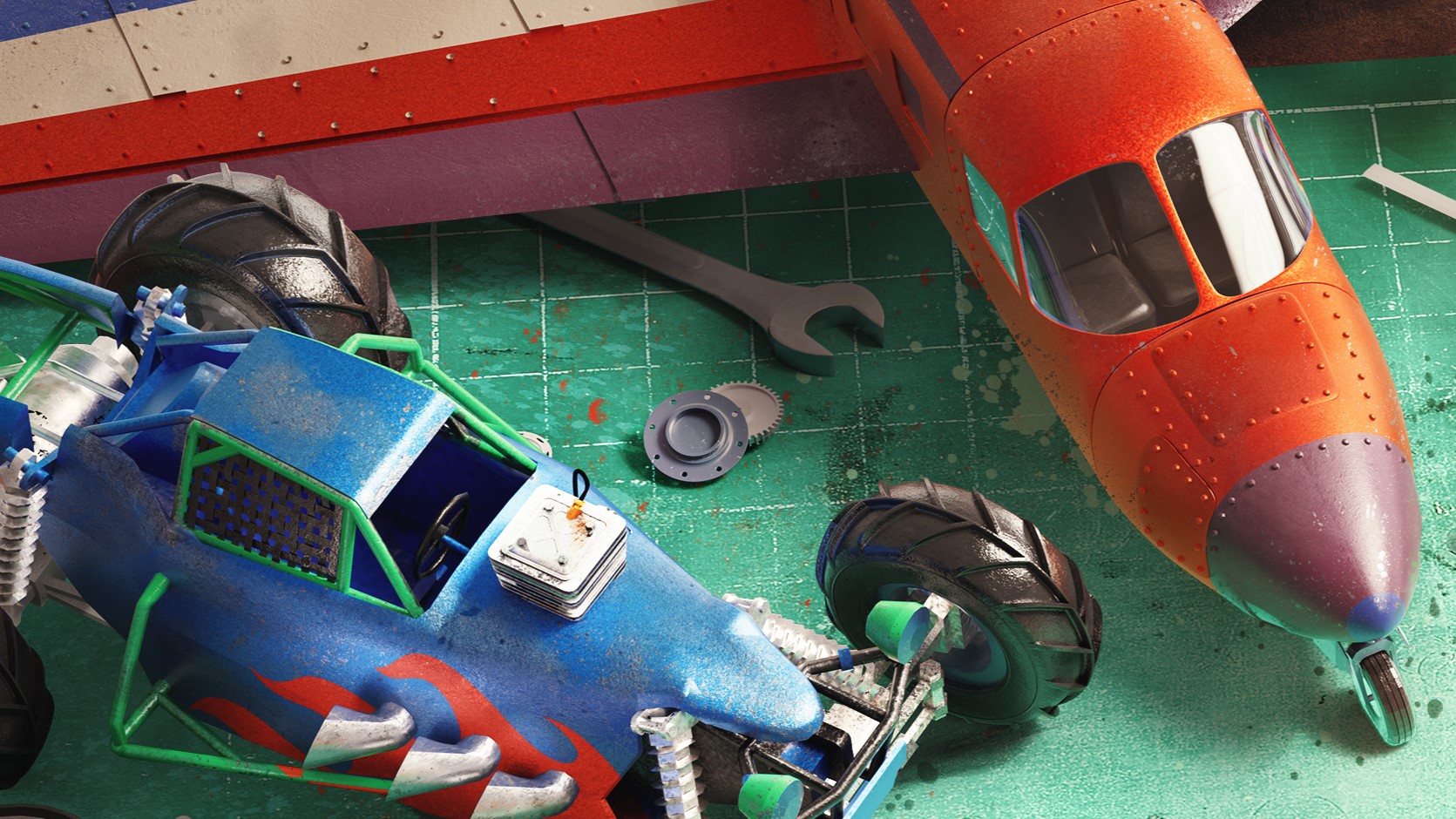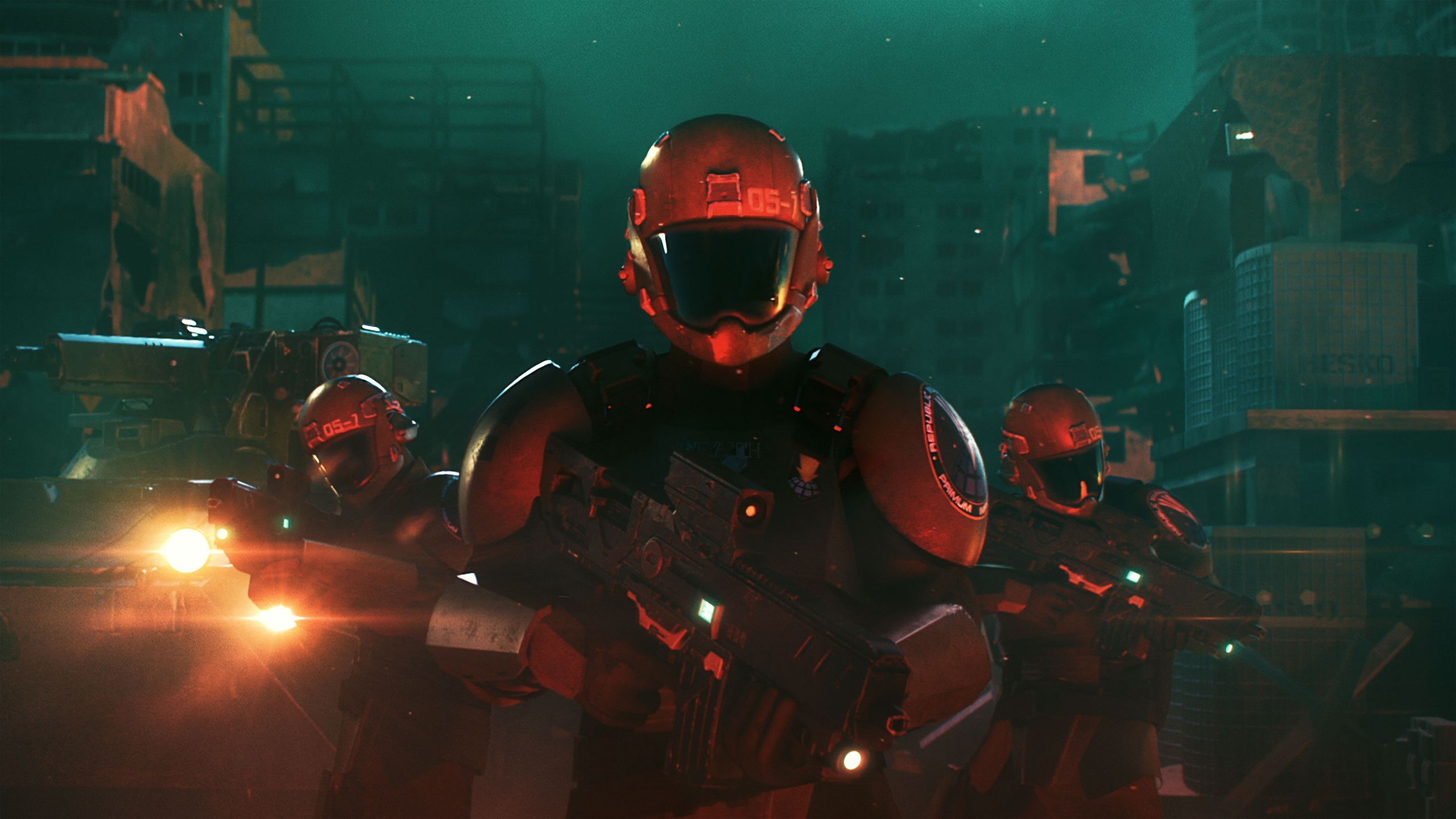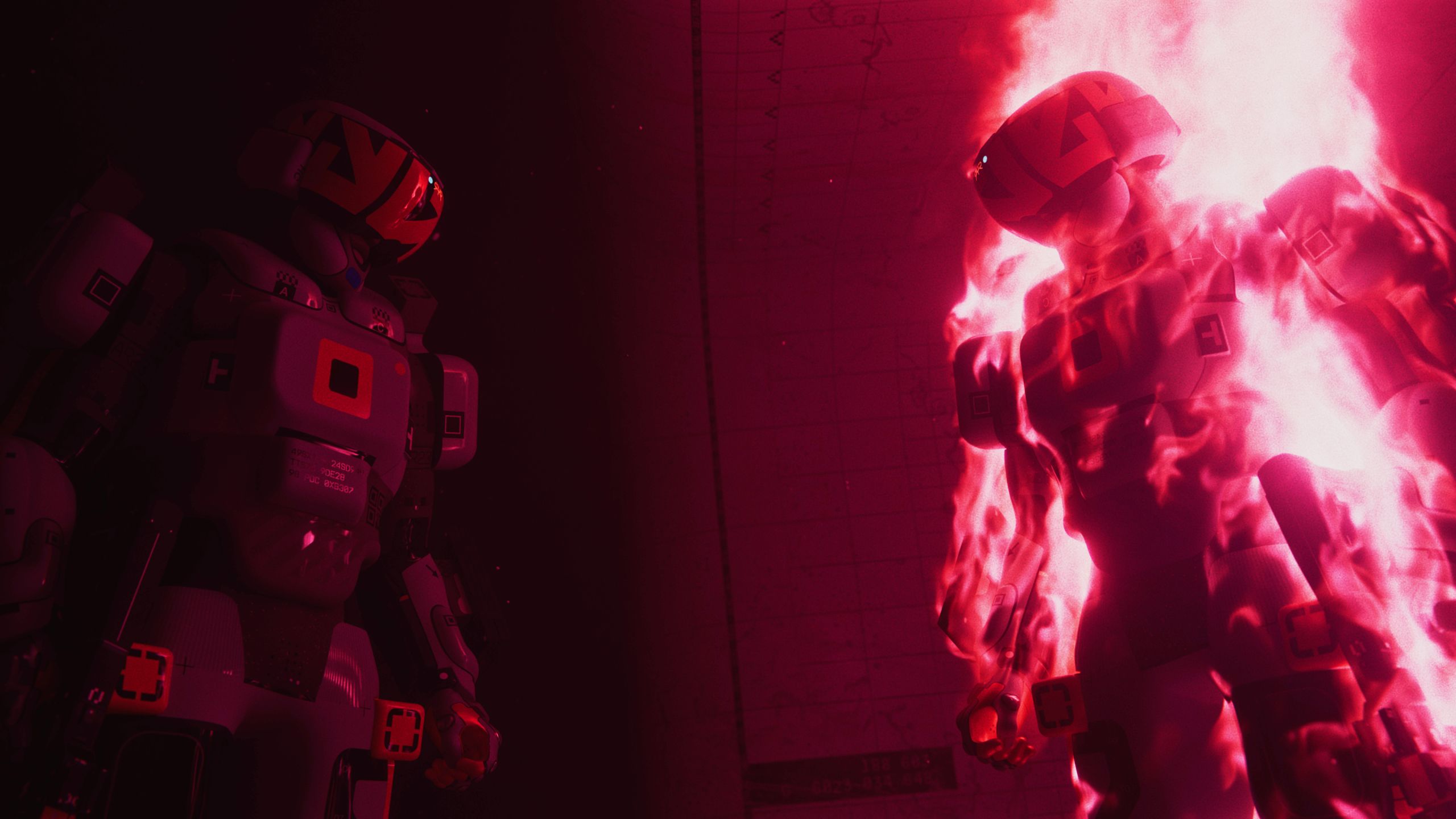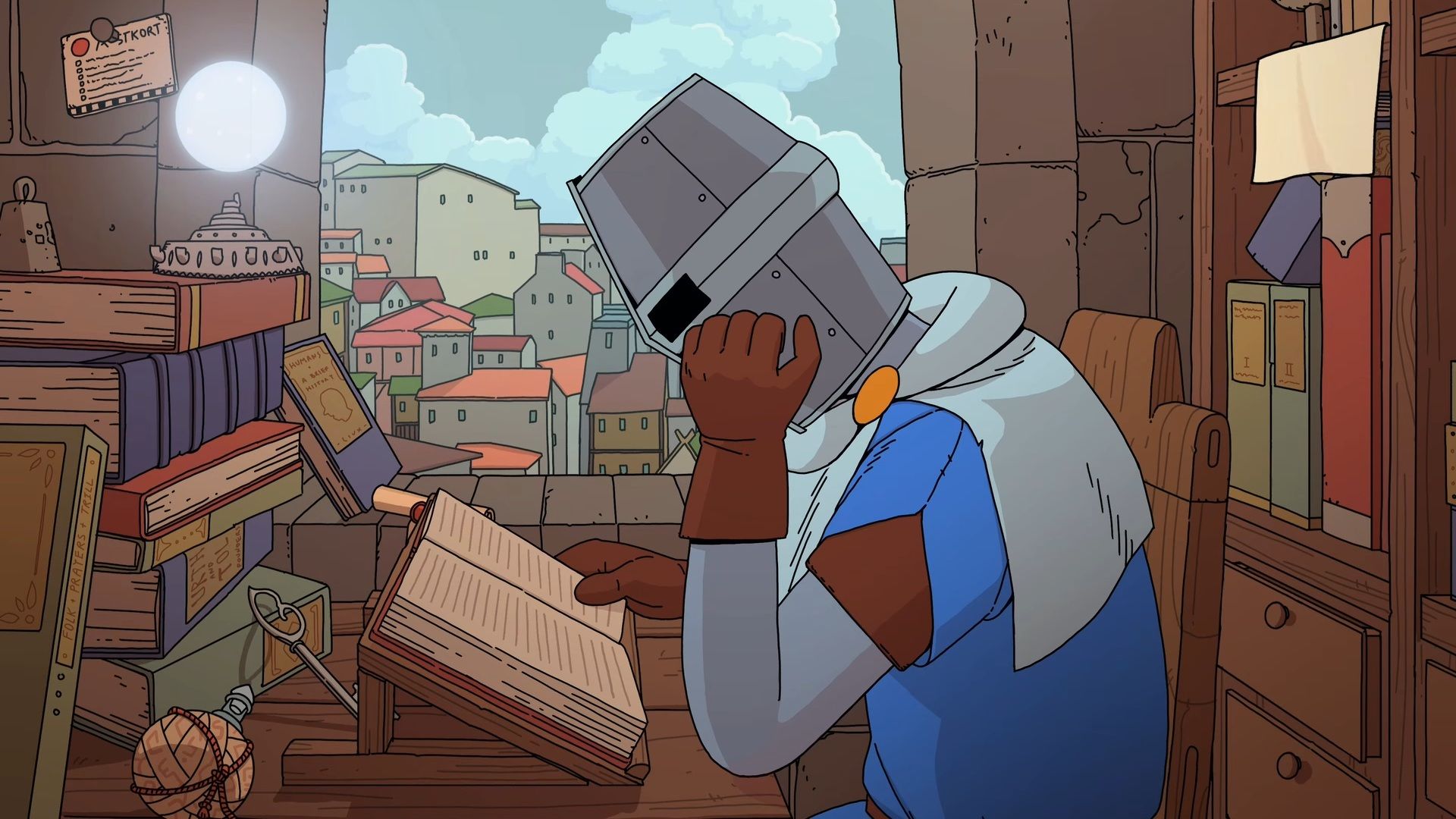In 2021, developer Felipe “HarvesteR” Falanghe, the creator of Kerbal Space Program, launched a new game on Steam called Balsa Model Flight Simulator. His follow-up to Kerbal reflected much of the same spirit as the space sim that eventually became a PC phenomenon: it was open-ended, focused around building and flying your own vehicles, and based on a childhood passion. As soon as he released the game, Falanghe realized two things.
One: Expectations for early access games have changed a whole lot in 10 years.
Two: There are a whole lot of people who don’t know what balsa wood is, because fragile, dirt cheap model planes aren’t exactly the hottest toy around these days.
“That made me feel appropriately old,” he says. “Now I wonder if I were releasing KSP again, now, if it would’ve gone well. The general feeling towards early access has changed so much. People expect a more polished and finished product.”
Two years ago Falanghe was working on Balsa Model Flight Simulator alone, trying to both program additions to the game and interact with players. “It felt more like just trying to survive more than having a thriving project that stays alive and grows,” he says. So he took a different route: partnering with indie publisher Curve Games to relaunch Balsa Flight Simulator and leave early access behind in favor of a full release. That just left the balsa wood problem.
The new version of the game revealed today, Kitbash Model Club, broadens the focus from model plans to include building and controlling model boats and cars, too, with a name inspired by Adam Savage and Lucasfilm’s model makers. The material itself was always less important than the idea of mashing together cool parts to see what you could build.
Falanghe’s brother joined him to develop the game, and they’ve spent approximately a year and a half rebuilding and expanding it. “We realized that we were limiting ourselves in just thinking about it as a flight simulator, because it could be a scale simulator for anything,” he says. “The moment we added new parts, it opened the floodgates to all these other things the game should be able to do.”
The map saw the biggest change. Because Balsa originated as a VR flight sim, it started with quite a small map that needed to be expanded. And because the vehicles you’re piloting here are tiny—as opposed to, say, a Boeing 747 in Microsoft Flight Simulator—the required level of detail is very different. “We realized the entire map needs to be explorable and much larger, and work at a level of scale that isn’t what you’d normally see in a flight simulator,” Falanghe says. “In a typical flight simulator you don’t need to do, like, the curbs of the sidewalk accurately, because you’re gonna be flying 1000 feet up. But for us, it matters because you might be climbing that curb with a tiny wheel that’s just about taller than the sidewalk itself. We really had to rethink our whole approach to the map design.”
Falanghe developed a scenario editor tool that players will be able to use to create their own missions, though there will also be a career mode with a progression system based around joining a modeling club. Kitbash has also beaten the Kerbal sequel to the punch on the one feature I’ve been wanting for years: multiplayer. You can hop in a server with other players (currently up to 16) to play competitively in dogfights or just fly around and do missions in the same shared space.
Falanghe doesn’t want to commit to a release date yet, but has a window of later this year. Kitbash won’t be early access, though Falanghe doesn’t plan on “1.0” being the game’s final form. That may seem like an arbitrary distinction, but it matters when you’re building a physics-based sandbox game like this one.
“It meant that we were able to do very meaningful feature additions that we wouldn’t have been able to have before,” he says. “We’ve created new parts that change the workflow in the editor, so now you build things with a different approach …It’s a fundamental paradigm shift in how you approach construction. This kind of thing wouldn’t have been possible if you had to maintain functionality and backwards compatibility and not break people’s saves. With KSP I remember that even changing tuning parameters on engines was enough to upset people, because you’ve now nerfed or boosted some part or broken somebody’s workflow. That’s just a reality of early access.
“Balsa has evolved and changed names in the same way a Pokémon would. It’s a bigger, more glorious version. Everybody who’s already got Balsa will get Kitbash automatically. The plan is to do a full release, and then there will be updates—because we’re adding things that we want to see in the game, not because we’re adding things that we had to add because they were missing. That’s the ideal we’re working towards.”




